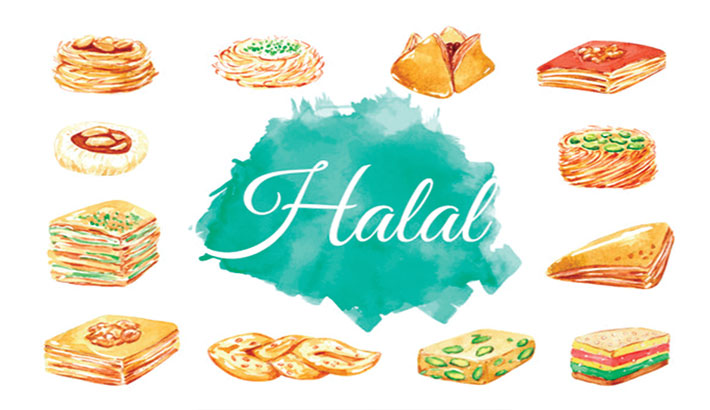In the rich tapestry of Islamic faith, Halal stands as a cornerstone, an Arabic term translating to permissible or lawful. Its significance transcends mere culinary guidelines, permeating every facet of a Muslim’s life, from financial dealings to personal conduct. Yet, it is within the realm of dietary laws that Halal principles are perhaps most widely recognized, serving as a spiritual and physical purification for believers. This delves into the profound meaning of what is Halal , exploring its fundamental tenets and specifically addressing a lesser-discussed culinary component: the consumption of cow tongue within these sacred parameters.

What is Halal? A Deeper Dive into Islamic Dietary Principles
The framework of Halal dietary laws is meticulously outlined in the primary sources of Islamic legislation: the Holy Quran, the unadulterated word of Allah, and the Sunnah, the traditions and practices of Prophet Muhammad (peace be upon him). These divine revelations and prophetic examples lay down clear guidelines for what is permissible and what is forbidden (Haram).
At its core, Halal food adheres to several crucial principles. Explicitly forbidden are pork and all its by-products, a prohibition consistently reiterated in Islamic texts. Similarly, alcohol and all other intoxicants are strictly prohibited, as they impair judgment and lead to spiritual detriment. The consumption of blood and carrion (animals that died of natural causes or were not slaughtered correctly) is also expressly forbidden.
A cornerstone of Halal meat consumption is the requirement for ritual slaughter, known as Dhabihah. This specific method necessitates the animal being alive and healthy at the time of slaughter. A sharp knife is used to swiftly sever the trachea, esophagus, and jugular veins in one continuous motion, ensuring a rapid and humane death while allowing for the complete drainage of blood. Crucially, the name of Allah must be invoked at the time of slaughter, acknowledging His dominion and the sanctity of life. Furthermore, Islamic dietary laws emphasize cleanliness, hygiene, and the ethical treatment of animals, even before slaughter. Cruelty and unnecessary suffering are vehemently condemned.
Beyond mere permissibility, Halal food also encompasses the concept of Tayyib, meaning pure, wholesome, and good. This extends beyond the ritual slaughter to the quality and ethical sourcing of food. Food must be free from impurities, harmful substances, and obtained through lawful and honest means. This holistic approach ensures that what a Muslim consumes is not only permissible but also beneficial and acquired righteously.
The Cow in Islamic Tradition: A Valued Animal
Across diverse cultures and civilizations, the cow and tongue cow has long held a significant position, revered for its utility and as a primary source of sustenance. In Islamic tradition, the cow is unequivocally recognized as a permissible (Halal) animal for consumption, provided it is slaughtered in accordance with Islamic rites. Its milk, meat, and other by-products have nourished communities for centuries, making it a staple in the diets of Muslims worldwide. Generally, all parts of a Halal-slaughtered animal are considered permissible for consumption, with certain specific exceptions such as flowing blood or particular glands, which are typically removed during the preparation process.

Cow Tongue: A Halal Delicacy?
Given the broad permissibility of the cow as a Halal animal, the question of consuming specific parts, such as the tongue, naturally arises. Based on the established principles of Islamic jurisprudence, the tongue of a Halal-slaughtered animal is indeed considered Halal. As a muscular organ, it does not fall under any of the explicitly forbidden categories of animal parts.
There are no specific verses in the Quran or authentic Hadith (sayings and actions of Prophet Muhammad) that prohibit the consumption of the tongue. The general rule applies: if the animal itself is Halal and has been slaughtered according to the strictures of Dhabihah, then all its permissible parts, including the tongue, become lawful for consumption.
Culturally and culinarily, cow tongue is a valued ingredient in many cuisines around the world, including those in various Muslim-majority regions. It is often prepared in diverse ways, from slow-cooked stews to flavorful braises, appreciated for its unique texture and rich taste. Any misconceptions surrounding its permissibility are generally unfounded, as its status is quite straightforward within Islamic dietary laws. The fundamental condition, as always, remains the proper Halal slaughter of the animal. Without Dhabihah, no part of the animal, including the tongue, would be considered Halal.



